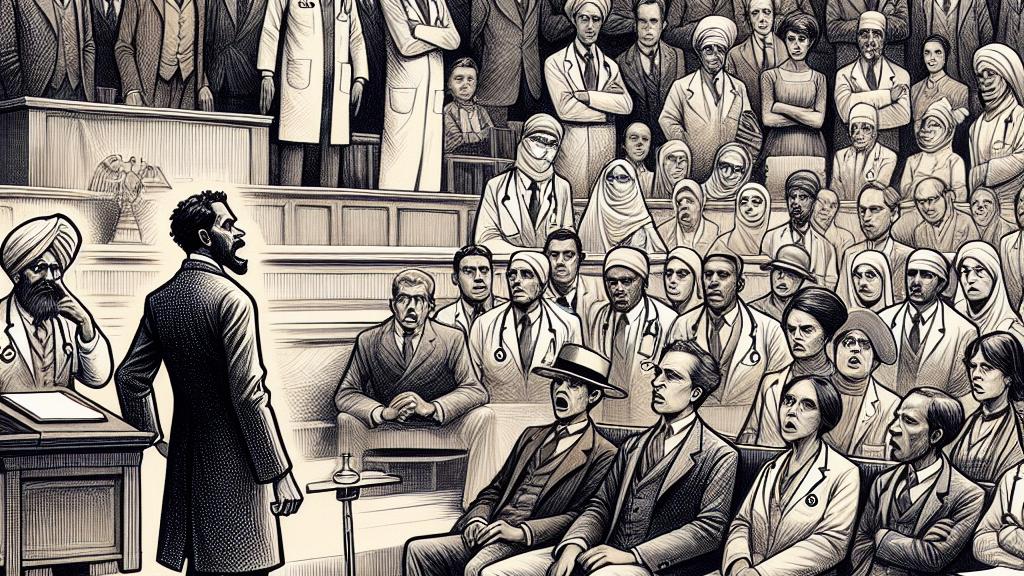Healthcare Community Reacts to Martial Law Declaration in South Korea
Overview
- President Yoon Suk Yeol's martial law declaration triggers outrage in South Korea.
- Health Minister Cho Kyoo-hong denounces the move as illegal and unconstitutional.
- Medical professionals unite to defend democracy and patient care.

The Controversial Martial Law Decree
In a surprising and contentious move, President Yoon Suk Yeol declared martial law in South Korea on December 3, 2024, a decision that has sent shockwaves throughout the healthcare community. The declaration has redefined the landscape of medical practice and worker rights. Health Minister Cho Kyoo-hong, who stood up during discussions at the National Assembly, unequivocally rejected the martial law, arguing that it jeopardizes the very essence of constitutional governance. His strong words not only reflect personal conviction but also resonate with a widespread belief among medical professionals that civil liberties are non-negotiable. This confrontation between the government and the healthcare sector highlights a critical moment in South Korea’s democratic journey, emphasizing the importance of safeguarding rights against authoritarian impulses.
Voices of Dissent from the Medical Community
The immediate backlash from the medical community was both emphatic and strategic. Organizations, including the Medical Professors Association and the Korean Medical Student Association, quickly rallied their members, issuing impactful statements condemning the measures. They highlighted that framing striking doctors as 'anti-state forces' is not just an exaggeration, but a dangerous narrative that fuels division. Through passionate testimonies, healthcare professionals voiced their concerns about the negative impacts on patient care—overwhelmed staff, increased anxiety among junior doctors, and significant disruptions in services. For many, this struggle is not solely about healthcare demands; it’s a broader fight to uphold the integrity of democratic principles. The convergence of these voices embodies a call to action, reminding society that defending democracy inherently includes supporting those who save lives.
A Global Perspective on Healthcare Strikes
The uproar in South Korea is part of an expansive tapestry of healthcare workers confronting similar challenges around the world. Recently, a striking example emerged from the United States when over 75,000 Kaiser Permanente workers staged a landmark strike, an event seen as a pivotal moment in healthcare advocacy. These workers rallied from California to Virginia, calling for fair wages and sufficient staffing to better serve their patients. Their fight resonates strongly in light of daunting challenges—infuriating wait times, burnout, and inadequate support for professionals dedicated to their calling. The similarities between the struggles in South Korea and those in the United States illuminate a universal theme: when healthcare systems falter, it is the patients who ultimately suffer. Organizations and professionals must join forces globally, creating a powerful coalition committed to ensuring quality healthcare is a fundamental right, deeply rooted in democratic values, wherever they may be under threat.

Loading...